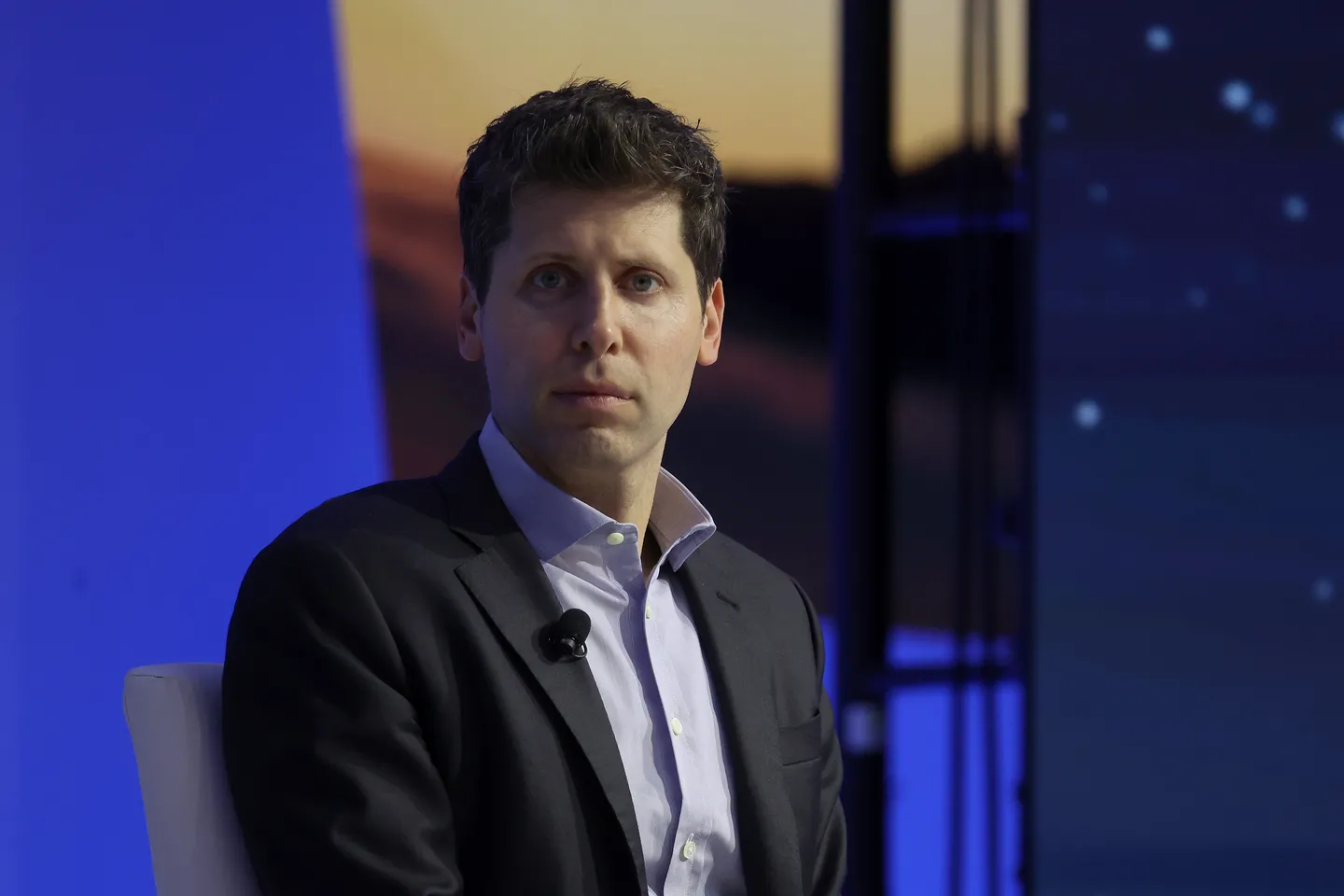Open AI: How the Board turned an issue into a crisis
OpenAI CEO Sam Altman
Over the last weekend, in an act of corporate hara-kiri, OpenAI descended into chaos after its Board sacked founder Sam Altman.
The news shocked the technology sector, the wider stakeholders, and the general public, who, since it released Chat GPT-3 late last year, saw OpenAI as a leader and a model in Artificial intelligence. Sam Altman and OpenAI had taken AI and generative AI mainstream.
Its success caught many companies off guard, forcing them to enter a sector that could potentially disrupt many industry sectors.
OpenAI’s fundraising and company structure
OpenAI isn’t a new company. Founded in 2015 as a not-for-profit entity, the start-up has already gone through various issues, including an association with Elon Musk. The initial $1bn funding allowed it to have a path for growth and focus on ensuring ‘that safe artificial general intelligence is developed and benefits all of humanity.’
The immediate benefit was securing a $1bn investment from Microsoft to support its development of new technologies on Microsoft’s Azure cloud computing service and furthering OpenAI’s efforts in creating artificial general intelligence.
Increased investment forced Altman and OpenAI to establish a Board of Directors to give confidence to investors about it’s corporate governance processes. This is critical for any start-up, large or small, especially any that has the potential to scale at pace and burn through capital secured in order to grow and secure profit.
In July 2022, OpenAI raised $100 million in new funding from investors like Dustin Moskovitz's Valo Ventures and Jim Simons' Euclidean Capital. Fundraising and a $300 million share sale were made earlier in 2023, including Sequoia Capital, Andreessen Horowitz, Thrive and K2 Global, who put a valuation of the company at between $27bn – $29bn. Last month, in October, and six months since its last fundraising, OpenAI entered talks to sell further shares at a valuation of $86bn.
However, given the structure of the company, some changes would need to be made.
OpenAI would have also needed to consider making changes to the Board of the company in order to give investors more oversight and confidence, because until Altam was OpenAI had a Board of six people, three internal staff members and three external. Each of these brought specific skill sets to the table but lacked the necessary governance issues and risk management.
An issue I have discussed in the past is the lack of strategic communicators on the Boards of start-ups who can guide the company through issues that have the potential, reputationally or otherwise, to turn into crises.
The make-up of the Board and the advisers that a start-up has given markets, regulators and investors confidence and trust. It is essential for any company when they face critical challenges.
Up until Altman was fired, the board of OpenAI was formed by six people, three internal employees and three external. They all brought something to the table, but looking back, it looks like there was limited corporate governance and non-technical experience to help advise the C-suite on how to navigate any issues that they would face.
The growing stature of Sam Altman enabled him to attract investors and partners. His reputation and brand helped to grow the company, while the structure of his company was his Achillies heel.
And when the Board decided to fire Altman for reasons that they are yet to reveal, but focused on a lack of communication with them, well, their statement was guilty of the accusation they were making against Altman.
The Board of OpenAI found themselves in a bubble, without foresight of the reaction to their decision and how they communicated it.
Since Altman has left, we have learnt that::
Microsoft appears to have poached Altman and Brockman (Reuters)
The Board are not resigning or recognising their failure
Great reporting from the Pivot Podcast's Scott Galloway and Kara Swisher.
Where does this leave the OpenAI’s Board members?
Questions are now being asked about the six Board members of OpenAI. Ilya Sutskever, the last remaining co-founder on the Board, who was involved in the sacking, took to Twitter/X to apologise for his decision to sack Altman. He then signed the open letter asking other Board members members to quit.
As for the rest of the Board, Adam D’Angelo, chief executive of question-and-answer service Quora. Technology entrepreneurs Tasha McCauley and Helen Toner from the Center for Security and Emerging Technology at Georgetown University have damaged their reputations.
Their in-the-bubble behaviour has shown what the risk is of not keeping eyes on the C-suite or communicating effectively. It equally confirms that the Board of any start-up needs to be balanced. And yes, strategic counsel needs a seat on the table, and investors need to be engaged before any such decision is made before any such decision is made public. And by the way, it appears that Microsoft’s CEO Satya Nadella only learnt about the decision after the trigger was pulled.
What can we learn from this corporate mess?
Sam Altman has created a whole new sector for technology that touches nearly all industry sectors. AI has the potential to transform any industry.
AI can help businesses evolve and secure additional value. This is thanks to data and the creation of personalisation and added enhanced experience.
Start-ups will come and go. Some with hype, but many will be bought out and integrated into an enterprise stack, so for the growth of any AI business, what they need to know more about is that reputations and trust matter, during their fundraising, during their growth and when they will be required to give oversight to regulators.
Additionally, Boards need to be balanced. They need experience and have the ability to not just have technical knowledge, but also corporate and reputational governance.
Venture Capital (VC), Corporate Venture Capital (CVC) and Private Equity firms will require a team that is on board, and that can guide a start-up to growth stages and beyond that can, manage and mitigate any risk and effectively advise the company’s leadership, as well as investors.
The days of a start-up marking their own work and thinking that reputation doesn’t impact growth are gone, yet.





